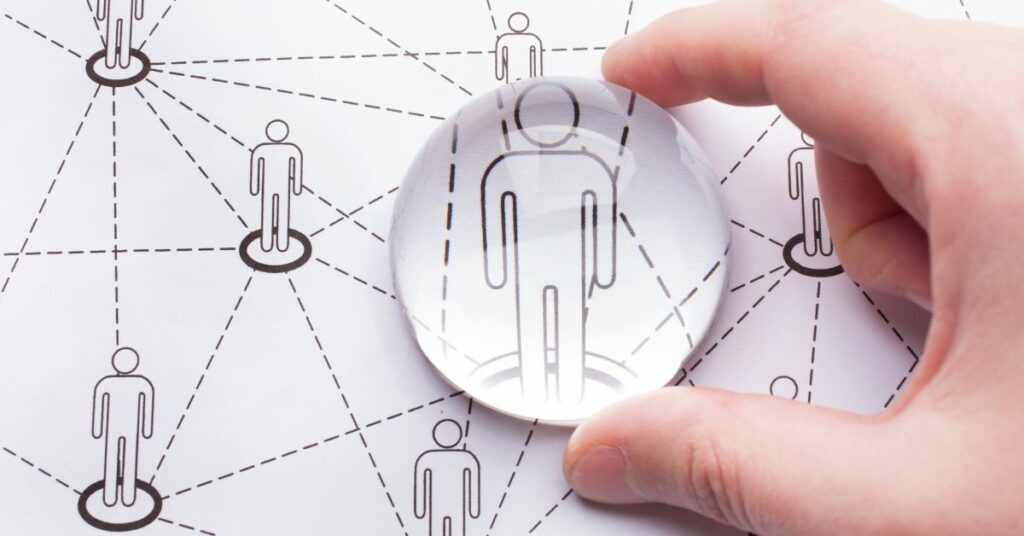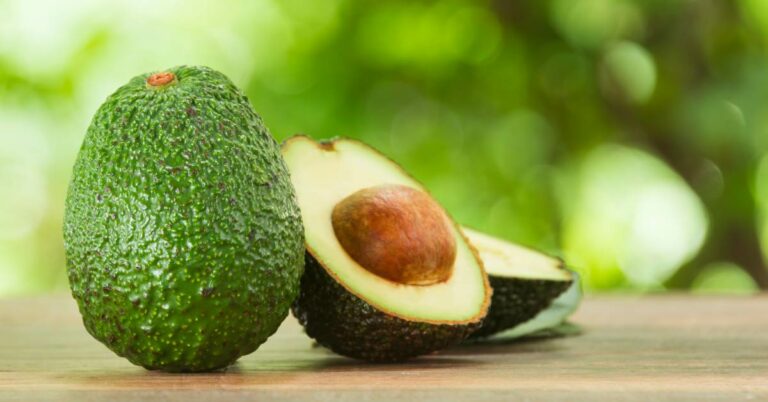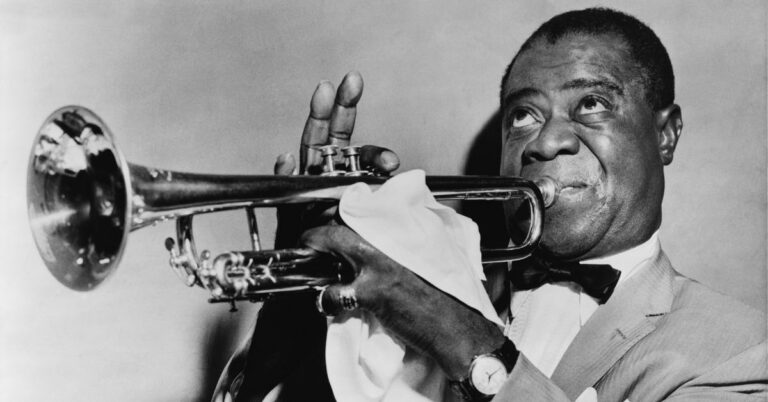The word “human” is a fundamental term in our language, describing who we are as a species and what distinguishes us from other animals. In this article, we will explore the origin and evolution of the word “human,” looking at its linguistic roots and historical development.
The Linguistic Roots of “Human”
The word “human” comes from the Latin word “humanus,” which means “of or belonging to man.” The Latin word, in turn, is derived from the earlier Latin word “homo,” which means “man” or “human being.” The Greek equivalent of “homo” is “anthropos,” which is the root of the English word “anthropology,” the scientific study of human cultures and societies.
The Evolution of “Human”
The term “human” has evolved over time to reflect changing ideas about what it means to be human. In ancient times, the word “human” was often used to distinguish human beings from gods and other supernatural beings. During the Renaissance, the concept of humanism emerged, which placed a greater emphasis on human achievements and potential.
In the 18th and 19th centuries, the scientific study of human biology and behavior led to new understandings of what it means to be human. This period also saw the rise of the idea of “human nature,” which refers to the inherent qualities and characteristics that define human beings.
Today, the word “human” is used in a wide range of contexts, from scientific discussions of human anatomy and physiology to philosophical debates about the nature of humanity and its place in the natural world.
Conclusion
The word “human” is a fundamental term in our language, describing who we are as a species and what distinguishes us from other animals. Its roots in Latin and Greek reflect the historical and linguistic development of Western culture, while its evolution over time reflects changing ideas and attitudes about what it means to be human. Whether we are talking about human biology, human nature, or human culture, the word “human” remains a vital and enduring concept in our understanding of ourselves and our place in the world.














